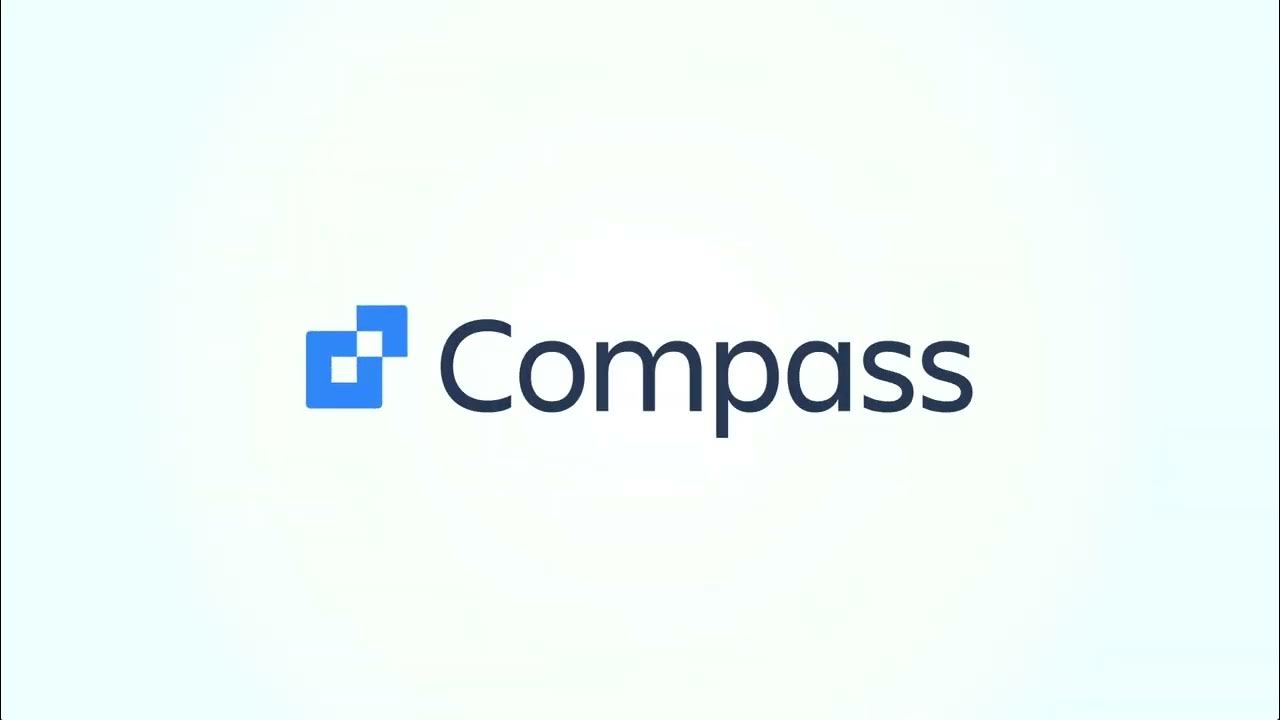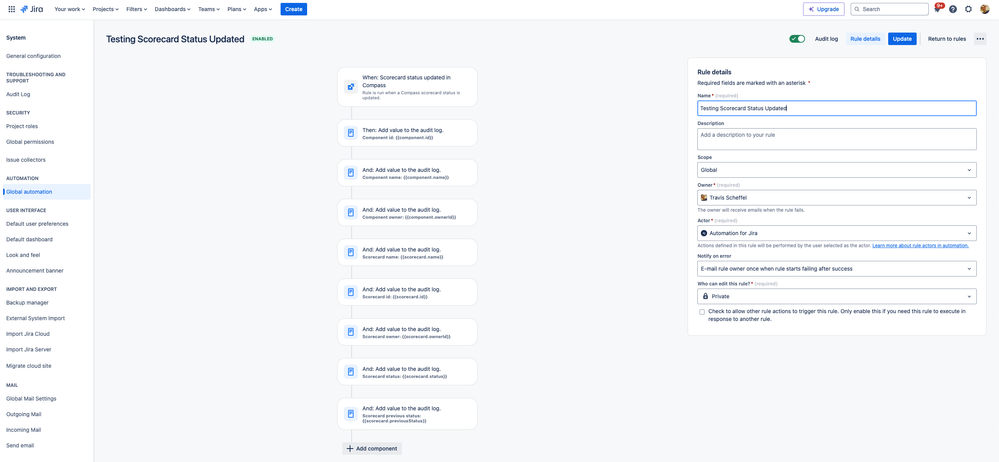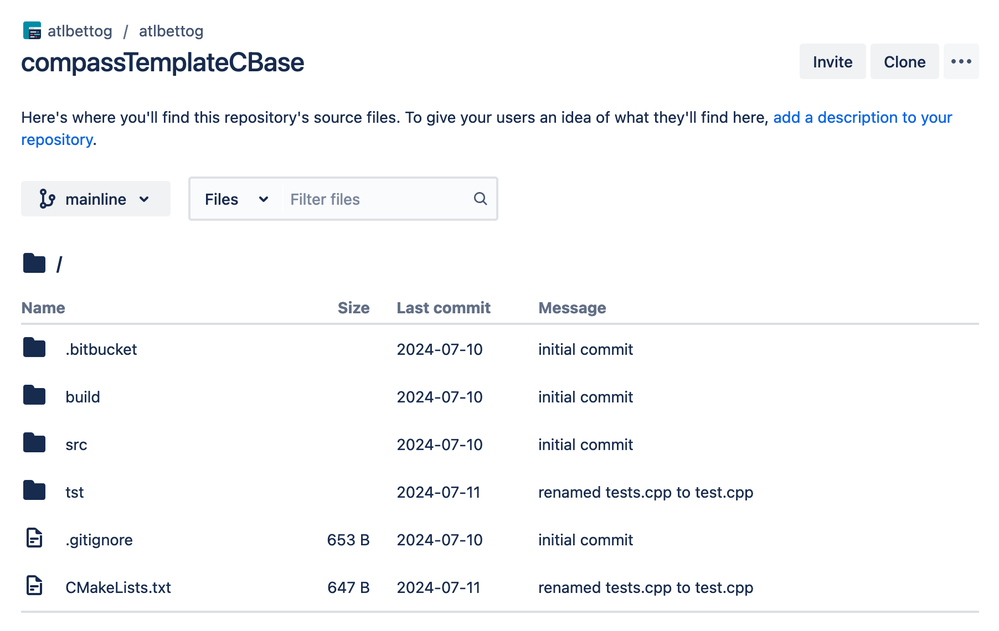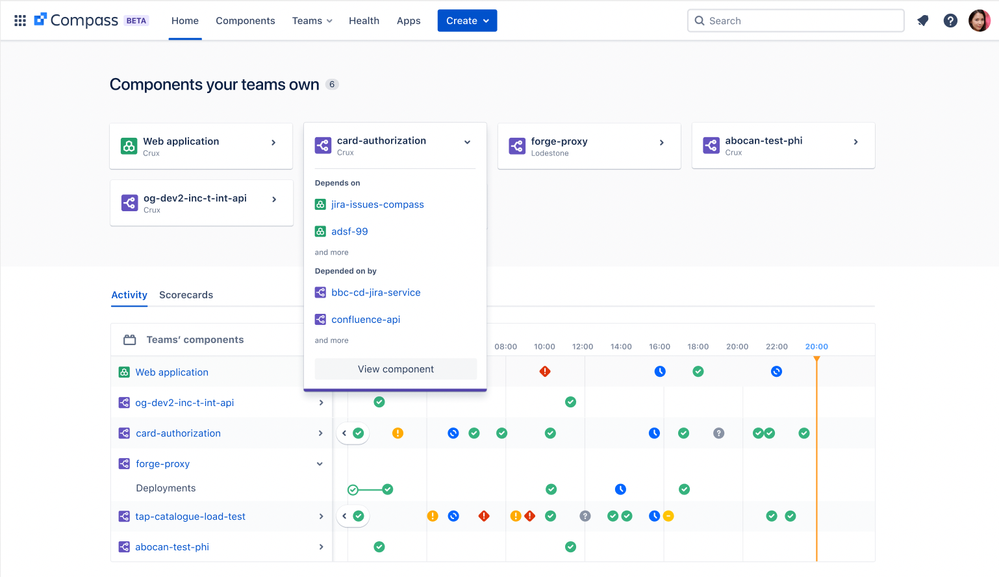Have you ever found your team sacrificing long-term stability for short-term speed? This is unfortunately a common practice as businesses try to keep up with new technologies and emerging competitors. This practice leads to “technical debt” otherwise known as the time and resources you will inevitably have to utilize due to cutting corners. Atlassian Compass, an internal developer platform (IDP), empowers teams using Jira to tackle this debt head-on. It provides a centralized software catalog with health and performance insights and connects Jira issues to actual software components. Let’s explore more about the benefits of Atlassian Compass for debt management.
The Common Challenge of Technical Debt
Technical debt accumulates from the trade-off between delivering new features quickly and maintaining quality. The more technical debt accumulates, the more it can slow down development. This accumulation can lead to fragmented information silos, reduced team productivity, increased performance issues, hard-to-maintain code, and more.
Technical debt is generally categorized into two types:
- Intentional Technical Debt: Deliberately created when a team decides to prioritize speed over code quality for business reasons, knowing it will need to refactor the code later.
- Unintentional Technical Debt: Created accidentally, often due to lack of experience, understanding, or poor planning. This includes poorly written code, lack of documentation, or overlooked optimizations.
Managing technical debt becomes essential as organizations grow. This management often involves tracking the debt (often in tools like Jira), prioritizing it in the backlog, and planning to reduce it to maintain code quality, speed, and long-term scalability.
How Does Atlassian Compass Address Technical Debt?
As previously mentioned, Atlassian Compass is an internal developer platform (IDP) that helps teams manage and improve their software components. For example, microservices, APIs, and libraries can all be tracked from its centralized catalog of performance insights. This catalog offers visibility into ownership, health, and performance metrics. The platform also integrates with Jira, enabling direct links between Jira issues and specific software components in the catalog. Compass allows teams to better understand, prioritize, and reduce technical debt across their software components. Let’s dive deeper into how it does this:

- Centralized Component Catalog: Compass’s catalog gives teams the tools to quickly locate documentation and recent CI/CD activities. This visibility reduces time spent searching for information and lowers cognitive load, making it easier for developers to identify and prioritize debt within their codebase.
2. Health Scorecards and Metrics: Compass scorecards are a feature allowing teams to apply custom metrics and policies that gauge software health. They offer teams a clear view of the state of their services like security vulnerabilities, deployment frequency, and build success rate. These are all indicators of technical debt. By configuring these metrics, teams gain immediate insight into high-impact issues, such as security risks or slow deployment frequencies, and prioritize addressing them before they escalate.
3. Clear Ownership and Autonomy: Every component in Compass can be assigned to a team, reinforcing accountability and reducing knowledge silos. This ensures component health remains a collective responsibility.
4. Extensibility and Integration: Compass integrates with tools like Bitbucket, Jira, and other Source Code Management (SCM) platforms, to automatically generate insights. This reduces the time developers spend searching for details, as the needed information is available in one place.
5. Metrics and Automation: Compass provides default metrics as well as allows teams to set custom metrics to track critical aspects of their services. Automation features, like built-in templates, help teams apply standards and maintain consistency across all components.
Reducing Technical Debt with Compass
When implementing Compass, users should take the following steps. First they should set up their Compass catalog by importing components from a SCM tool, CSV files, or linking repositories associated with Jira projects. Then, users should assign a team to each component. Next, users can link Compass components to Jira issues. Lastly, users should regularly review and update their scorecards to identify and resolve high-priority issues.
Ready to Eliminate Technical Debt with Atlassian Compass?
Although technical debt is often unavoidable, tools like Compass empower teams to effectively manage it. Linking Jira issues to Compass components allows software teams to prioritize their backlog, improve accountability, and boost long-term velocity. If you are ready to streamline your workflows, contact our experts today to learn more about Compass.











